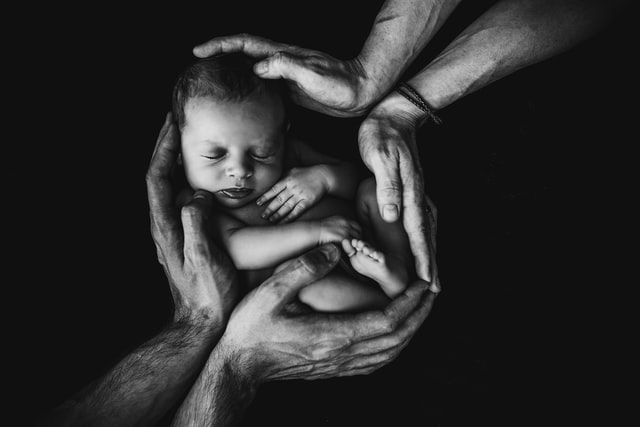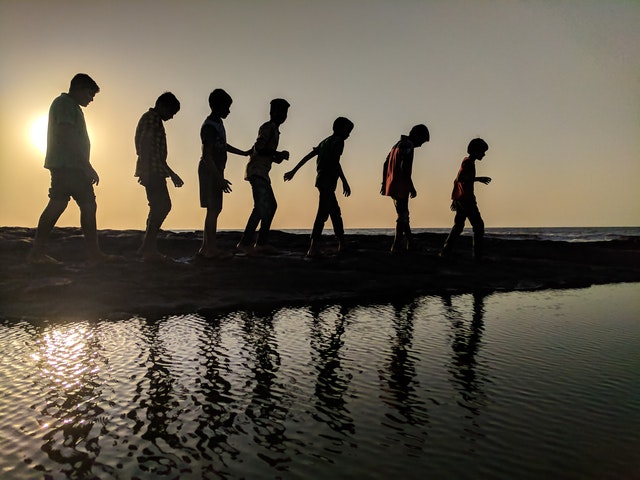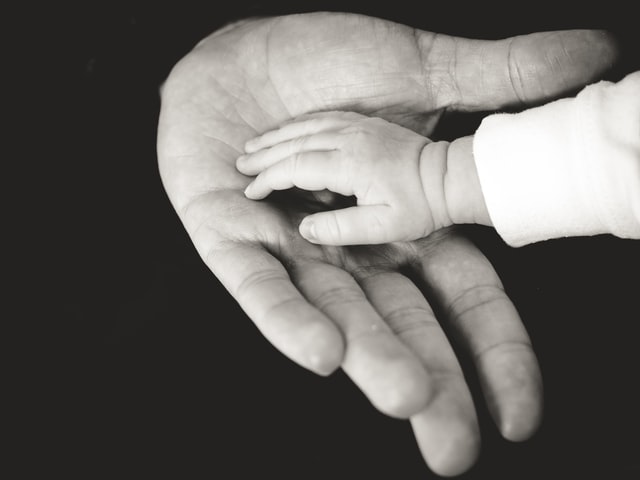
Symbols of innocence, yet not exempt from the atrocities of human trafficking: Babies. Despite international agreements and conventions, the sale of babies by slave traders and adopters takes place all over the world. The human traffickers do not shy away from rape, kidnapping or organ trafficking in order to make a profit from this new and lucrative business. In African countries such as Nigeria, baby factories are set up specifically for this purpose, because there is a demand for babies – and there has been a significant increase, especially in recent years.
CHILD TRAFFICKING – AN ABSOLUTE NO-GO
Regardless of which country is scrutinized, which age group is examined or which gender the focus is on, human trafficking is found around the world and affects us all. For this very reason, task forces are actively working on national and international level to combat human trafficking, while organizations provide criminal law frameworks that help authorities to put a stop to those who profit from human trafficking.

Even the most vulnerable members of our society are affected by the practises of illegal exploitation, which is why the United Nations defined an additional protocol at the turn of the 2000s, which guarantees women and minors in particular further protection. This has the name: “Additional Protocol to Prevent, Suppress and Punish Trafficking in Persons, Especially Women and Children, to the United Nations Convention against Transnational Organized Crime”, the protocol specifies the concept of human trafficking with regard to minors. In other words, as soon as a child is affected by exploitative conditions, it is automatically classified as a victim of human trafficking, regardless of whether violence or coercion is used or not. One thing is certain: child trafficking is one of the worst forms of child labour and should be prevented and combated with all available means – starting with education and ranging to criminal prosecution.
BABY FACTORIES IN NIGERIA
One of the driving factors in child trafficking is the unfulfilled desire for one’s own child. Desperate couples not only cross international borders, but also ethical ones. The younger the children, the greater the demand, which is why many traffickers are turning to the sale of babies as a new and lucrative business.

In Nigeria, for example, baby factories are sprouting like mushrooms. It is not uncommon for the media to report on the brutal trade in defenceless babies. Young Nigerian women are kidnapped, imprisoned, raped and used as incubators to profit the traffickers. The newborns are brought to Europe shortly after birth, with girls usually being sold for 300,000 naira, approx. 725 euros. Boys, on the other hand, are offered by human traffickers on the booming adoption market for a price of 500,000 naira (approx. 1210 euros). The Nigerian government set up the independent agency NAPTIP to stop the trafficking in babies and the illegal exploitation of women. Reports on successful rescue missions of pregnant women and newborns from the baby factories are made public every year. Because many of these illegal establishments operate underground, and the business continues to make traffickers good money, it is difficult to assess the underreporting of these factories and the victims who are held there.
CHILD TRAFFICKING IN TIMES OF COVID

The COVID crisis has not only brought new challenges to our everyday lives and put our economy to the test, but unfortunately also led to a significant impact on child trafficking. As the gap between rich and poor has widened in recent months, minors in poorer countries are even more vulnerable to trafficking. According to UNICEF, at least 1.2 million children are victims of serious human rights violations every year – and this number is expected to increase significantly in the coming years. Numerous organisations such as “Jugend Eine Welt” are therefore actively working to protect children and young people at risk and at the same time to inform society about how organised crime is benefiting from the pandemic. We at Hope for the Future are also aware of the consequences of the pandemic on human trafficking and will continue to join forces to support those affected with advice and and assistance as they enter the world of work.
